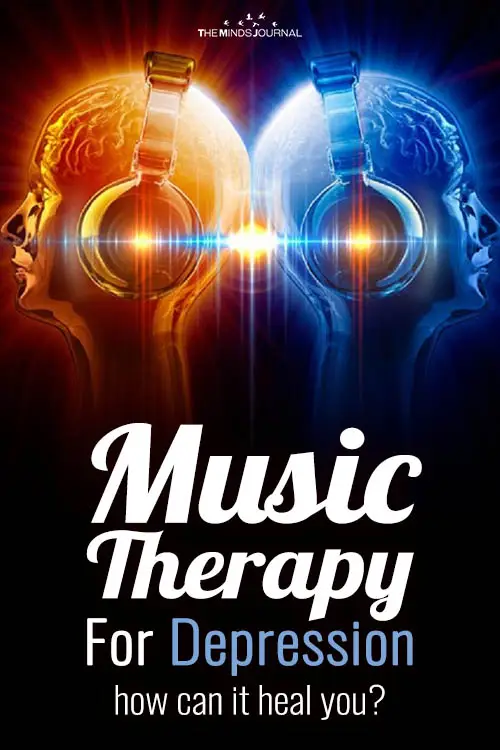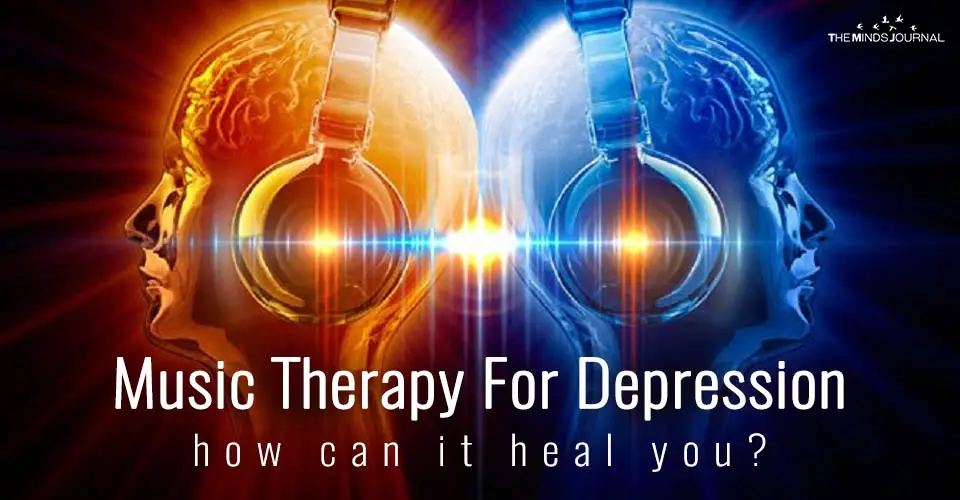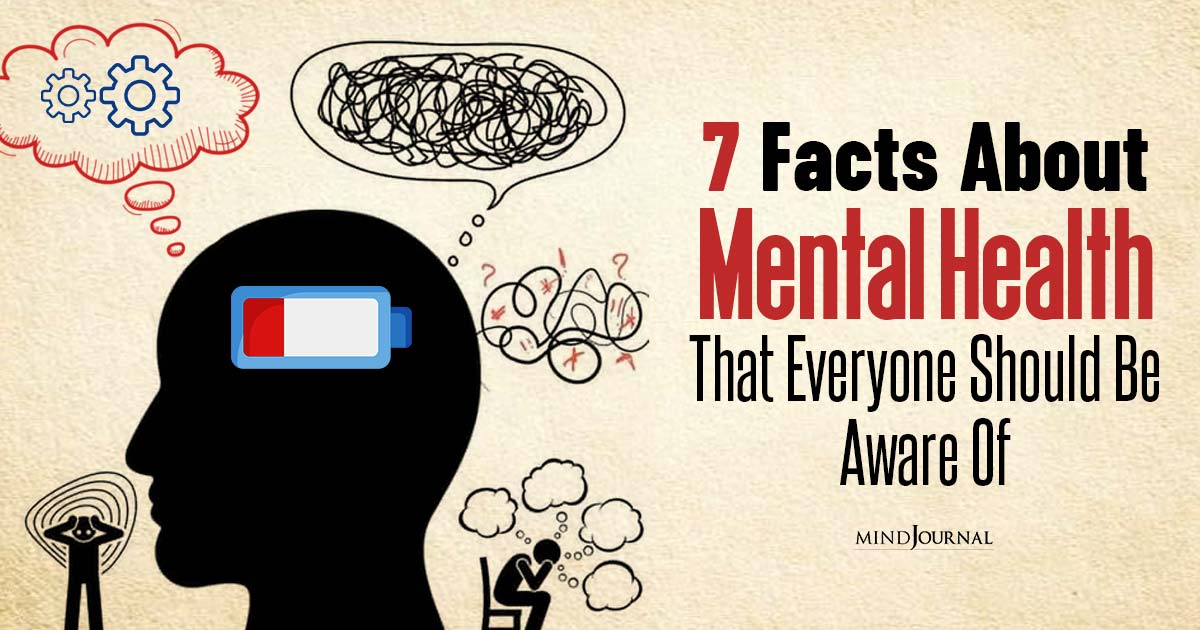Doctors to prescribe music therapy for depression
The prevalence of depression is rising worldwide by leaps and bounds. According to the World Health Organisation, globally, more than 264 million people of all ages suffer from depression.
People with this most common mental health condition feel sad, tired, lack interest or pleasure, have low self-worth, poor sleep pattern or lose appetite, and low concentration. Depression may soon become the leading cause of disability.
Researchers and scientists say that music therapy helps ease anxiety and improve functioning in individuals with depression.
Evidence-based music therapy for mental health
Jaakko Erkkilä along with two other researchers compared the differences in outcomes when patients with depression were provided only standard care and music therapy.
The results were published online by Cambridge University Press. Those who received music therapy plus standard care showed significant improvement in depressive symptoms than those receiving only standard care.
A study published in the Journal of the Arts in Psychotherapy explored the lived experiences of people with long-term depression involved in group music therapy. In the interview by music therapist, psychologist, and researcher; the participants described that music and songwriting in a group made them feel safe and happy.
Music motivated them to join creative community groups. Creating new lyrics helped them enjoy and express their difficult feelings into words.
Another study published in the Journal of Anesthesiology Research and Practice investigated the effect of listening to music before and after gynecological surgeries.
The music was tailored to the needs of patients. The researcher gave each participant, Apple iPod Touch™ devices and noise-canceling earphones. The device contained a playlist of selected music genres.
As per patient satisfaction surveys and analytical tests, patients in both groups (before and after surgery) were satisfied with music listening. The results showed lower anxiety and depression in patients.
There are several other studies supporting music therapy for depression. The American Music Therapy Association (AMTA) lists the research articles on their Mental Health page. Findings from these studies hold across a variety of countries, settings, types of patients and kinds of music therapy.
Summarising these results, the benefits of music as therapy for depression are –
- Decrease in anxiety and stress
- Lower muscle tension
- Improvement in self-esteem
- Increase in motivation
- Enhancement in interpersonal relationships
- Feeling safe and happy
- Successful and safe emotional release
After a series of experiments, researchers are sure that music acts as a powerful balm on a depressed mind.
But how does music therapy work?
Mike Crawford, the professor of Mental Health Research examined the possible mechanism of music intervention on this mental health issue.
His editorial in The British Journal of Psychiatry highlighted that music gives the listener a sense of pleasure and meaningfulness. Such experience drives the body, lets people communicate, talk to others and get moving. Music averts depression in passive people hardwired to be social.
In short, using music as a therapy for depression provides patients with opportunities for physical, relational and aesthetic experiences.
Dr. Gjin Ndrepepa (researcher at Technical University in Munich, Germany) added that music therapy activates certain brain regions that are involved in regulating our emotions. Modern brain imaging studies support this effect. However, joyful and sad music can impact the brain differently, she mentioned.
The common thing in most music therapies and researches is that a therapist uses music to heal the social, physical, emotional pain of a person. Within a therapeutic context, the music empowers a person to express inner feelings in a non-verbal way.
The combination of melody, rhythm, beat, and harmony stimulates the senses of an individual and triggers the calming effect.
Listening to music boost the level of dopamine, the feel-good hormone in our body. According to the research article published in the Proceedings of the National Academy of Sciences, dopamine controls musical responses and brings about the musical-reward experience in the person.
After decades of studies and investigation, researchers are confident that music therapy could help treat depression. They are sure that it helps them to involve and function in the activities of daily living. As well as music motivates people to actively participate in jobs and relationships.
“Forget anti-depressants, doctors should be able to prescribe music, arts, and writing courses to help patients suffering with the blues, claims GP”, Dr. Laura Marshall-Andrews told the Daily Mail.
This principal General Practitioner (GP) and founder of a pioneering GP surgery in Brighton, believes that music therapy in NHS (National Health Service) as an intervention can boost the mental health of thousands.
However, the researcher Christian Gold, NORCE Norwegian Research Centre, Bergen, Norway. argued, “More research is still needed to figure out what type of music therapy works best for specific patient situations”. “It is important to have choices because no therapy works for everyone”, He added.
AMTA the single largest music therapy association in the world is promoting music therapy via myriad publications. It is serving more than 5000 music therapists across 30 different countries to heal people with mental health issues.
So, if your feeling depressed, you may heal with music!!!
Disclaimer:
Please note no content on this site, should ever be used as a substitute for direct medical advice from your doctor or other qualified clinicians









Leave a Reply
You must be logged in to post a comment.